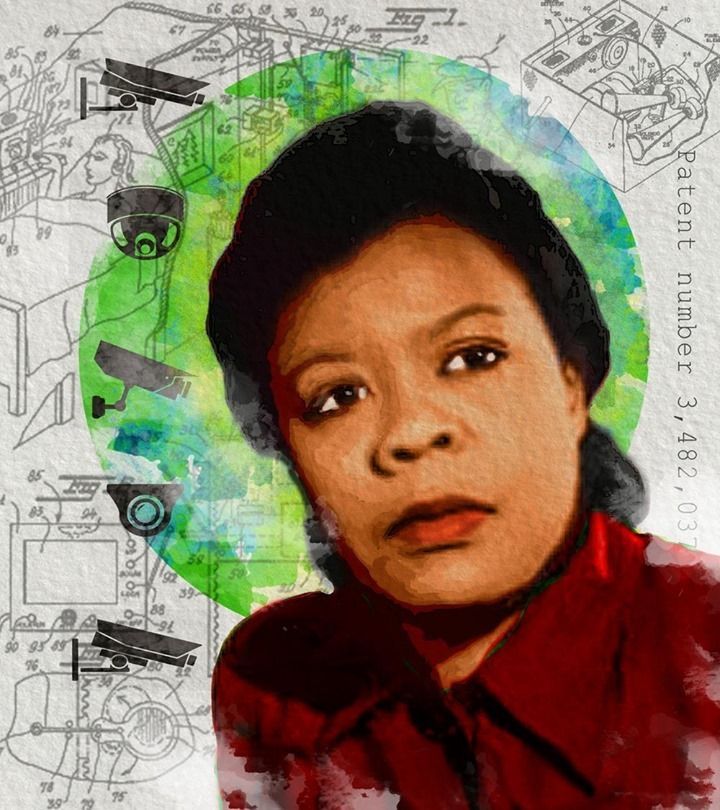
The Black community is home to some of the world’s leading scientific minds, demonstrating a rich and varied history of innovation, intellectual curiosity and an unwavering commitment to creating a better future.
For many Black innovators, each step forward has been made possible only by the trailblazers that came before them, who overcame racial bias and discrimination to achieve tangible progress for all.
The Global Black Impact Summit (GBIS) (https://GlobalBlackImpact.com/) – taking place on November 30-December 1, 2023 in Dubai, powered by the Black Impact Foundation and organized by Energy Capital & Power – serves to celebrate the achievements, contributions and potential of the Black community across a diverse range of industries. The scientific community, in particular, is home to innumerable Black pioneers and trailblazers that have made substantial contributions to their respective fields, changing the course of history through innovations in medicine, technology, agriculture, telecommunications, industry and aerospace, among others, and embodying the GBIS 2023 theme of #BlackExcellence.
One of the most prominent black scientists of the early 20th century, George Washington Carver was an American agricultural scientist and inventor known for his innovations in farming, soil restoration, botany and crop science. Carver’s research led to the development of crop rotation and methods to prevent soil depletion, as well as the concept of permaculture, in which agricultural ecosystems are designed to be self-sufficient and sustainable. Other innovations by Black inventors that are still in use today include mobile refrigeration technology by Frederick McKinley Jones; the three-way traffic light by Garrett Augustus Morgan Sr.; video home security systems by Marie Van Brittan Brown; street mailboxes by Philip B. Downing; automatic elevator doors by Alexander Miles; and carbon light bulb filaments by Lewis Latimer.
Within the medical community, Black scientists have been the driving force behind groundbreaking discoveries and treatments of modern-day diseases. American research chemist Percy Lavon Julian was a pioneer in the chemical synthesis of medicinal drugs from plants, laying the foundation for the production of steroids and birth control pills, while Charles R. Drew created the first blood bank and received several awards for his work with transfusion medicine and long-term storage of blood plasma.
Sierra Leonean biomedical scientist and physician Abioseh Davidson Nicol was the first to analyze the breakdown of insulin in the human body, a breakthrough discovery for the treatment of diabetes. Congolese microbiologist Jean-Jacques Muyembe was part of the team that investigated the first Ebola outbreak in the 1970s and led the research that designed one of its most effective treatments.
Black scientists have also been at the helm of advancements in aerospace and astronomy. Katherine Johnson was one of the first Black women to work as a NASA scientist and was brought onto the Space Task Group during the US-Soviet Union Space Race, becoming the first woman to participate in mission debriefings and actively contributing to the Freedom 7, Friendship 7, Apollo 11 and Apollo 13 spaceflights. Gladys West is another prominent female mathematician known for her development of the Global Positioning System, better known as the GPS, as well as seminal astronomical studies on Pluto and Neptune.
While substantial contributions to the fields of science, medicine and technology have been made, the Black community – and particularly Black women – continue to be underrepresented within STEM careers. As a result, GBIS 2023 will not only celebrate the unparalleled achievements and perspectives of the global Black community, but also identify and discuss pathways to drive innovation, catalyze change and foster #BlackExcellence across every discipline.
Kindly follow us on twitter:@AfricanVoice2










